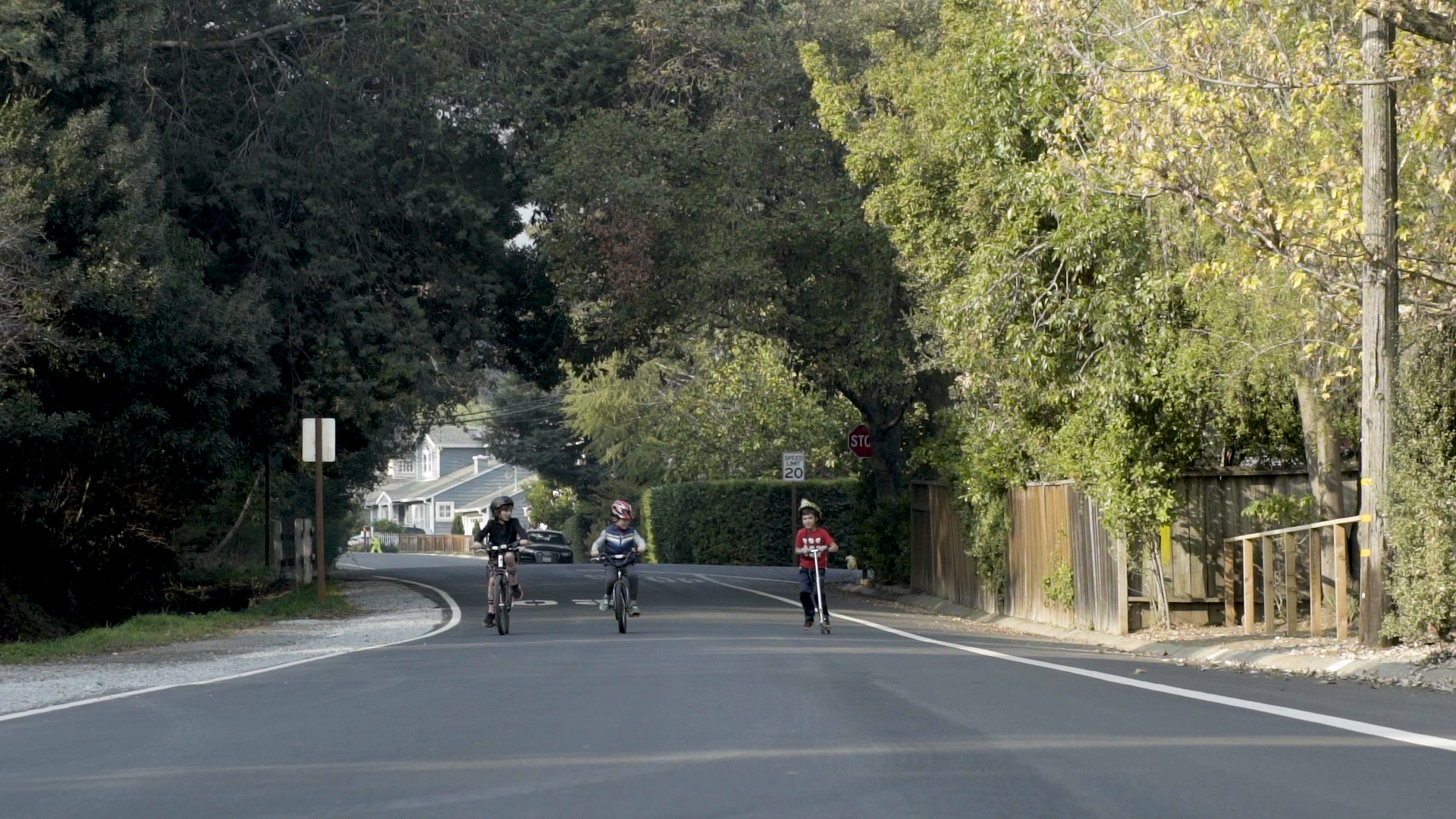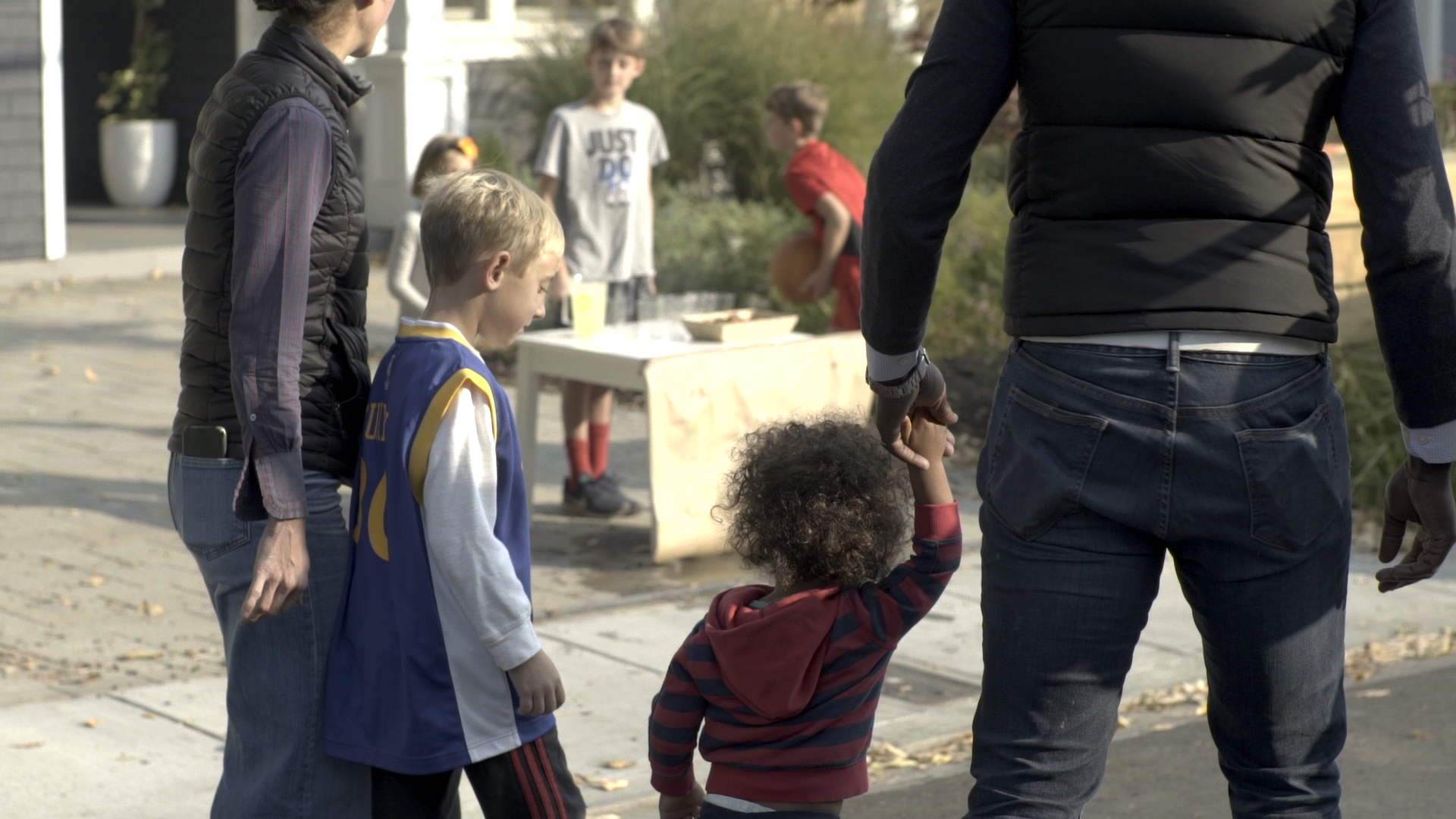Inspired by all these talented women at the 3rd Annual Through Her Lens: The Tribeca Chanel Women’s Filmmaker Program Luncheon at Locanda Verde!
---
Via THROUGH HER LENS: THE TRIBECA CHANEL WOMEN'S FILMMAKER PROGRAM LUNCHEON Media Alert -
On Tuesday October 17th, Jane Rosenthal, Paula Weinstein, Tribeca and CHANEL hosted the 3rd annual THROUGH HER LENS: THE TRIBECA CHANEL WOMEN'S FILMMAKER PROGRAM kickoff luncheon at Locanda Verde in New York. They brought together a hundred women in entertainment - leading women actors, directors, writers, producers, casting directors and costume designers - to support one another and celebrate the emerging female filmmakers selected for the program.
During the luncheon, Tribeca Enterprises EVP, Paula Weinstein and Executive Chair of Tribeca Enterprises, Jane Rosenthal spoke to the importance of supporting both the current and next generation of female filmmakers and how it’s essential.
The three-day workshop from October 17– 19th aims to balance industry support, artistic development and funding for new and emerging U.S-based female writers and directors of short-form narrative films. At the end of the program each of the five projects will be pitched by the filmmakers to a jury of industry experts. One filmmaker will be awarded full financing to produce her short film, along with support of Tribeca Studios to make the project. The four other projects will each be awarded grant funds to continue the development of their films.
Jane Rosenthal commented during her remarks: “When you hit success, when you take another step forward it's not enough, make sure you pull another woman up with you. Women producers, select women directors. Women directors hire more women designers and crew. Produce and direct the work of women writers. Women in power, commit to mentoring the next generation of women.”
Mentorship was the focus of the lunch and before introducing Paula Weinstein, Jane Rosenthal commented: “People ask me who my mentor is, and I have to say Paula Weinstein is, I always looked up to her when I got to work with her on movies like Analyze This and Analyze That. I am mentored by her every day and also get to have someone I call a friend and a colleague.”
During remarks Paula Weinstein commended the women in the room for their support of one another, noting that “in the 70’s my generation of women in Hollywood used to look at each with envy over their jobs, there was no sisterhood. Slowly that has changed. Today women are committed to each other. They wouldn’t consider a day without reaching behind to pull someone up or to hold a sister by her hand and encourage her to do well and not see her success as less success for them but rather that it is success for all of us. If we don’t approach it this way, our stories won’t be told.”




